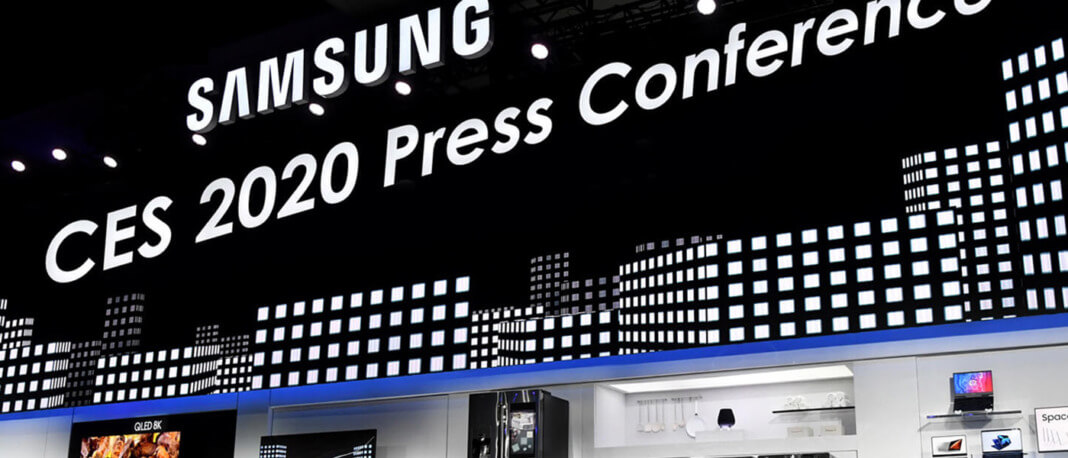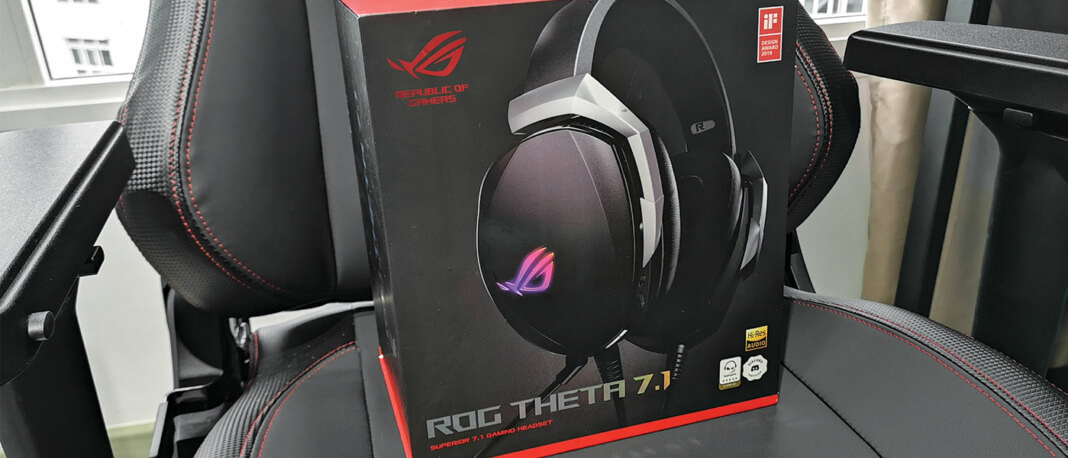Given the tumultuous start to the year, here are some bite-size news and developments that might have been drowned out by the pandemic. Artificial humans, flying taxis, and robots in public places are just some things that we felt are noteworthy to share for your reading pleasure.
Samsung’s Artificial Human Project, Neon, unveiled in CES2020

Teased in a series of now-deleted videos posted on Reddit by a curious Redditor, Samsung’s artificial human project, Neon, was officially unveiled at CES 2020 held in Las Vegas from 6th to 9th January 2020.
With its official Twitter page having only been created in late December 2019, just two weeks before its debut at CES 2020, Neon acknowledged the product through a series of gifs and posts depicting human-like avatars, but it also revealed little as to what the product was about.
Essentially, Neon is an AI-driven humanoid avatar powered by a technology called Core R3 – which stands for reality, realtime, and responsive – and can interact with humans by responding to questions.
Pranav Mistry which heads STAR Labs (short for Samsung Technology and Advanced Research Labs), the company which designed Neon, shares that Neon is not an AI assistant or tool as it does not have answers to all questions.
One of Neon’s features is that it can show emotions, “The human aspect is at the core of Neon.” Mistry adds. Neon presents itself as an artificial human, that looks like how one would imagine talking to an actual person in a virtual form would be.
Though unique, Neon is not available for public until approximately three to four years later.
Google unveils real time translation and transcription feature

Google announced in an AI event held at San Francisco in late January this year that it will be rolling out a translation and transcription feature for its Google Translate App. The feature would allow users to not only transcribe, but also translate conversations in a language that was not used during speech.
In a follow-up article published on March 17th by Google Translate’s Product Manager, Sami Iqram, he describes a personal experience on how the feature can do a Spanish to English transcription from a speech source and made the ensuing announcement that the feature would support eight languages that can be used in any combination – English, French, German, Hindi, Portuguese, Russian, Spanish, and Thai.
Iqram goes on to share that the feature is continually upgrading but at the point of publication, the transcribe feature works optimally in quiet environment with just one speech source at a time.
Bill Gates prioritizes foundation and steps down from Microsoft’s Board of Directors

Microsoft Corp. announced on 13th March 2020 that Bill Gates, Co-Founder and Technology Advisor, has decided to step down from the company’s Board of Directors to commit more time to the Bill & Melinda Gates Foundation.
The foundation carries out philanthropic work in a wide-array of matters concerning the world, such as global health, education as well as climate change.
Back in mid-2008, Gates pivoted from his daily role in the company to work on the foundation and served as Chairman of the Board at Microsoft till early 2014.
Microsoft CEO Satya Nadella responds to the announcement sharing that “It’s been a tremendous honour and privilege to have worked with and learned from Bill over the years.” Gates will continue to serve as technology adviser to Nadella, and the leadership team at Microsoft.
Tech giants commit millions and other COVID19 initiatives

Facebook CEO, Mark Zuckerberg and wife Priscilla Chan shared with CBS This Morning that their Chan Zuckerberg Initiative will commit US$25 million to the COVID19 Therapeutics Accelerator in the hopes of expediting the development of treatments
The COVID19 Therapeutics Accelerator was co-created by the Bill & Melinda Gates Foundation, MasterCard, and Wellcome (a UK-based medical foundation) who collectively pledged a total of US$125 million to the initiative.
The aim of the accelerator is to catalyse the discovery of potential drugs that can help fight the virus via reducing its symptoms or making it less dangerous.
Other tech leaders have also joined in the cause with Jack Ma, Alibaba’s co-founder, donating 500k test kits and 1 million face masks to the US. Elon Musk, head of Tesla and SpaceX have also committed to repurposing his plants to manufacture ventilators, and donated equipment to health centers and personnels.
Search giant, Google has also pledged US$800 million for COVID19 relief in an attempt aid small businesses and crisis responders manage the pandemic.
The relief fund will be rolled out in a combination of approaches, with a major chunk being directed as ad credits for small- to medium-sized businesses, and the World Health Organization as well as other agencies to help create informative news/content about the pandemic.
Flying Taxis and the automakers that are trying to make it happen
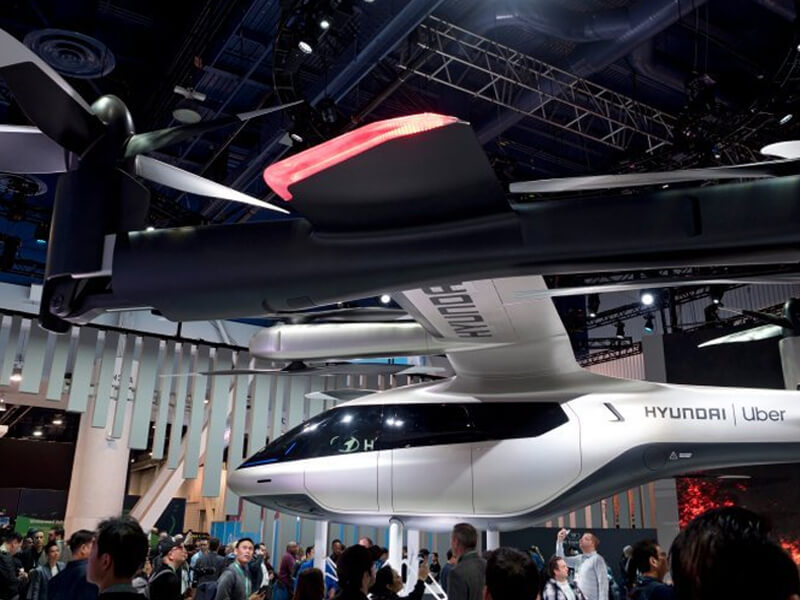
Though the idea of flying taxis sound far-fetched, one might reconsider the notion after knowing that leading automakers such as the likes of Toyota, Uber, Hyundai, Airbus, and Boeing are all gunning for the position of being the first company offer commuting services in the skies.
Back in January, Japanese automative manufacturer, Toyota, provided US$394 million in investments into Joby Aviation to develop an all-electric vertical takeoff and landing (eVOTL) flying taxi with the goals of rolling it out commercially by 2023.
Similarly, Hyundai and Uber entered a partnership to create a “personal air vehicle” called PAV that is powered by electricity, and can journey at altitudes of a maximum of 2000ft and recharge within minutes.
Although the abstract idea of having to commute in the air has been around for a while, the market has only recently picked up on making it a reality. Given the merging and integration of technologies such as drones and additive manufacturing, it may very well be possible that flying taxis would feature in your skies in a couple of years.
Boston Dynamics’ Spot is spotted in Singapore doing spot check rounds during circuit breaker
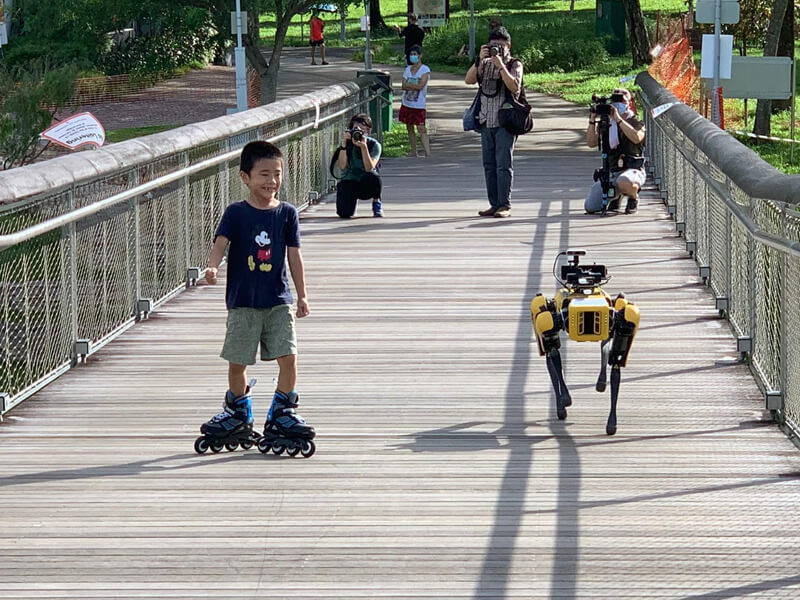
The COVID19 situation has resulted in a number of odd encounters and observations from the toilet-paper frenzy that is seen worldwide, to 5G conspiracies that is said to abet in the virus’s transmission. Adding to that list is the feature of a robotic dog-like machine called Spot from Boston Dynamics that has been seen around parks in Singapore dutifully enforcing safe-distancing measures.
Controlled remotely, Spot is equipped with a pre-recording message that is broadcasted in its patrols to encourage leisurely Singaporeans to observe safe-distancing.
Fitted with sensors that can safely detect obstructions within 1-metre proximity of its path, Spot is able to avoid collision with curious Singaporeans. Spot also carries cameras on its frame, use to monitor gatherings, with the government re-assuring Singaporeans that they are not doing any facial-tracking or collecting personal data. Despite its inbuilt safety measures, Spot will be accompanied by an NParks officer during the trial period and would be allowed to patrol during peak hours if the trial goes well.
Robots to support Hong Kong MTR in its push for smart transport
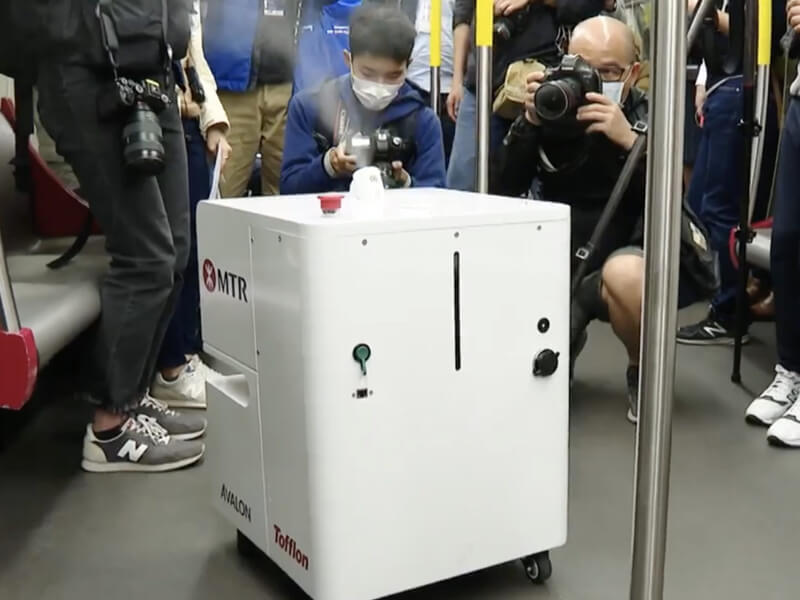
As part of Hong Kong’s wider initiatives to transform its transportation industry, its Mass Transit Railway (MTR) stations would be supported by a fleet of five robots to assess their role in improving customer service.
In their quest for a smart transportation, Hong Kong is looking to improve its customer service and assist its human-workforce in their daily work. The robots will be deployed and assess at Kai Tak station later in third quarter of 2020 as part of other technologically driven initiatives to enhance the MTRs operational efficiency.
Collectively, the robotic fleet would be able to answer queries on journey planning, lead passengers with its mapping function, assist with night patrols to check on facilities status via image analysis, as well as perform daily auto-clean functions.
With over US$9.8 billion invested in railway maintenance and asset replacement in 2019, MTR is looking to improve its capabilities by focusing on technology and innovation, hence the introduction of the robot fleet.
NextVR is now owned by Apple
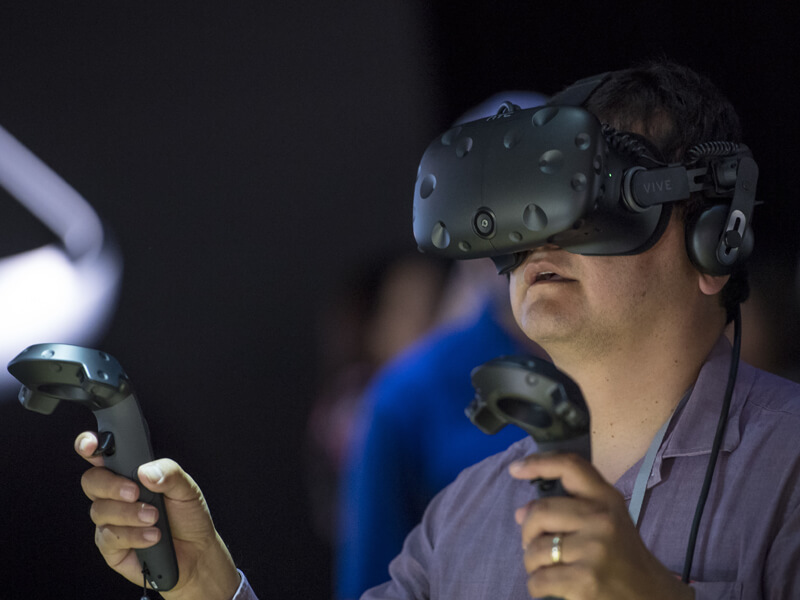
The VR industry gets a major player with Apple having recently bought NextVR – a VR streaming sports company.
Prior to the acquisition, NextVR supplies content to other VR headsets owned by Facebook Inc (Oculus), Sony Corp., HTC Corp. (Vive), and Lenovo. The acquisition was completed at an undisclosed price, and it represents the tech giant’s third deal (at least) after it bought over Voysis (an Irish voice technology startup, and Dark Sky (weather app).
NextVR has agreements with major sports leagues like the National Basketball Association and entertainment network Fox Sports. Apart from sports streaming, NextVR is also skilled in live streaming in VR which may potentially be advantageous for future live concerts and games.
Apple’s acquisition of NextVR would see the company face intense competition from established VR headsets owned by other leading tech firms like Microsoft (HoloLens) and Facebook (Oculus).
